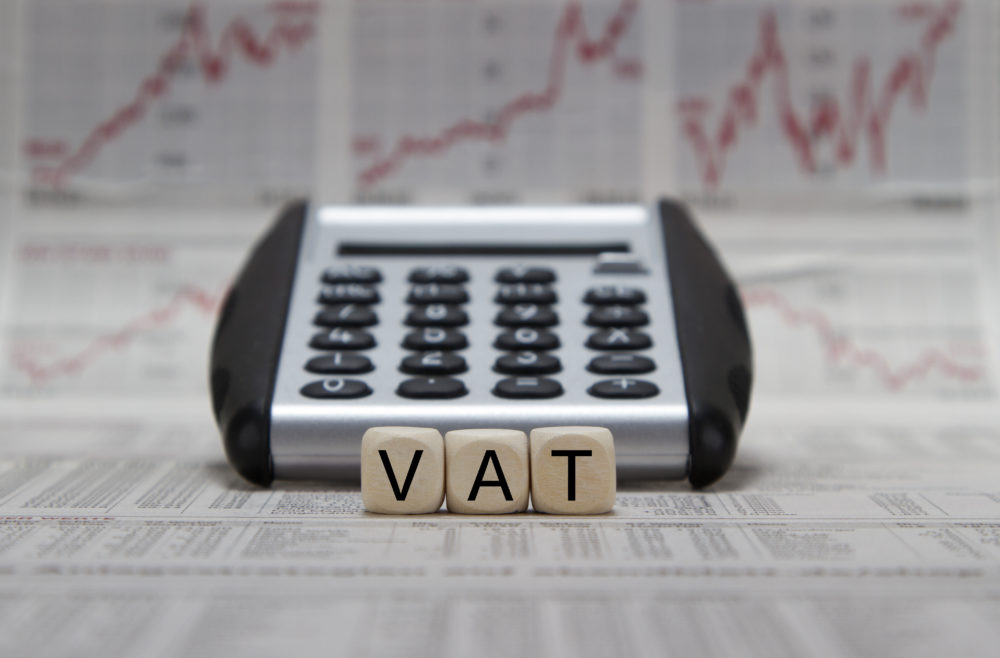HMRC collected an extra £3.4 billion from small and medium sized businesses through inquiries into the under-payment of VAT in 2016/17, says PfP.
VAT revenue from SMEs accounted for almost half – 49 per cent – of the additional tax take from investigations into small and medium sized businesses by HMRC’s compliance teams. This is a higher proportion of the total VAT take than last year, when it made up 45 per cent.
PfP says that as part of its crackdown on tax evasion, HMRC is increasing pressure on SMEs so as to maximise tax revenue.
The long-term trend of high tax take from SMEs is likely to continue, as a small number of businesses look to avoid tax – putting those who make small mistakes on their tax returns under the scrutiny of the revenue.
HMRC’s inquiries can be particularly costly, time-consuming and disruptive for SMEs, who may not have contingency plans in place to deal with a long tax investigation. In order to avoid inquiries and fines from the taxman, SMEs must ensure they are fully compliant.
Kevin Igoe, managing director of PfP, comments, ‘Over the years HMRC has widened its net – cracking down on smaller businesses, as well as larger organisations.
‘It’s clear from the high tax take that HMRC have found investigations into SMEs to be fruitful, and therefore it is likely that this focus on smaller organisations will continue. In order to avoid scrutiny from the revenue, SMEs must make sure they are filing their returns correctly, so as not to incur a hefty fine.
‘VAT can rake in a lot of extra revenue for HMRC, and therefore the taxman is prepared to use all means at its disposal.
‘This will include the use of its Connect database and taskforces to identify those it suspects may be underpaying on their tax as well as more aggressive tactics such as APNs and property raids.’
PfP says as of September 2016, HMRC’s Connect software’s powers have been extended further still as it is granted access to files held by banks and other financial institutions based in British Overseas Territories. The software was developed to access and trawl databases of personal and commercial financial information, in order to identify offenders.





